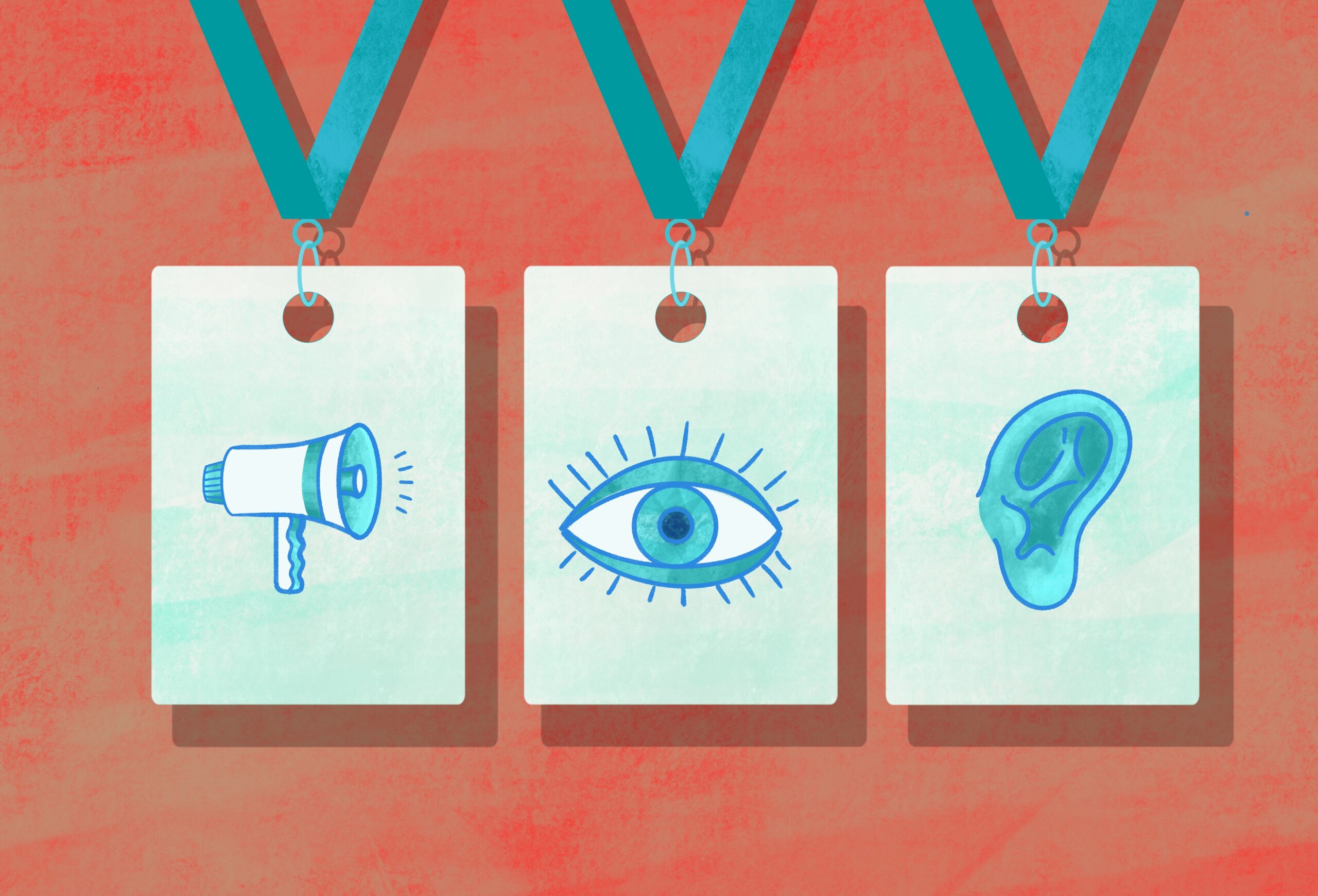
Helping Heuristics
Overview
Heuristics are structures that signal important elements to consider when entering a new situation. They are a tool to simultaneously develop deeper insight and help to respond with a quick decision-making attitude. This method is based on short exchanges that reveal effective heuristics.
Use this method to:
- Avoid common traps when giving and asking for help.
- Change unwanted giving help patterns that include: premature solutions, unneeded advice; adding pressure to force use of advice; moving to next steps too quickly; trying too hard not to over-help.
- Change unwanted asking for help patterns that include: mistrusting, not sharing the real problem; accepting help without ownership; looking for validation, not help; resenting not getting enough.
- Improve inter-professional coordination in any professional group.
- Expand options when frustration takes over while in the process of helping another work team member.
Details
- Duration: 30 min - 1 hour
- Difficulty Level: Complex
- Group Size: < 50
- Level of interaction: High
- Multilanguage fit: no
- Preparation Time: Medium
- Purpose: Knowledge construction
- Type of Online Events: Workshop,Webinar
Tool Tips
Full instructions
Download pdf